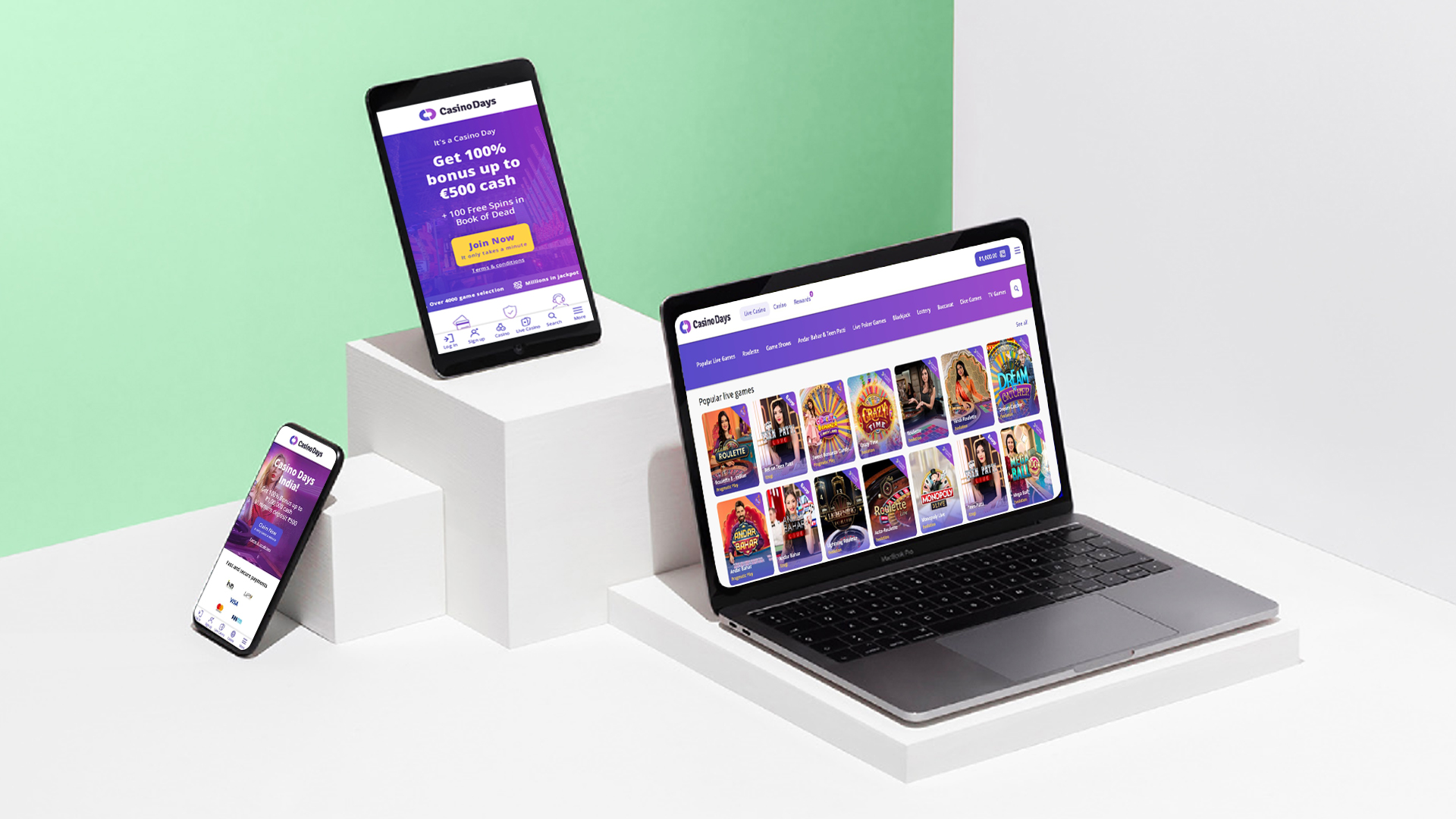Entertainment
No censorship for sexual content at online platforms on Indian web series

Mumbai: The Central government told the Delhi High Court on Friday that online platforms such as Netflix and Amazon Prime Video are not required to obtain licences from the government to run their programmes on Indian web series.
OTT (‘over-the-top’) platforms, as they are called, use the Internet to bypass traditional distribution streams.
Advocate Harpreet S Hora, representing an NGO called Justice for Rights Foundation, had sought laws to regulate sexually explicit content on OTT platforms.
Content not going through the Central Board of Film Certification is often inappropriate, religiously forbidden, legally restricted and sexually explicit, the petition says.
The NGO also alleges the platforms violate the Indian Penal Code and the Information Technology Act. The High Court has now dismissed the plea.
Just a month ago, Hotstar, Netflix, Zee5, Jio, Voot, Arre, SonyLIV, ALT Balaji and Eros Now signed a self-censorship code that restricts them from showing certain kinds of content.
The Internet and Mobile Association of India (IAMAI) says this is meant to protect the customers’ interests while at the same time offering them diverse content.
The code would foster creative freedom and lay down uniform principles to be followed by film-makers in letter and spirit, it says.
Director Pawan Kumar, best known for his Kannada films U-Turn and Lucia, says creative people must exercise responsibility when they make films for online platforms.
No censorship for online platforms related to sexual content on Indian web series:
“So far, OTT platforms have been quite generous about the creative freedom. You don’t have to shy away from saying what you want to say, but you have to know how to present it without hurting any sentiments,” he says.
Two of Pawan Kumar’s films are on Netflix.
Exposure to foreign content is inspiring many Indian filmmakers to push their boundaries, he reckons.
“You are thrilled when you have the liberty to make what you want. But don’t overdo it; use it only if the story requires you to. Don’t exploit the liberty given to you, be thoughtful,” is his advice.
OTT platforms help filmmakers extend their business once their movies are out of the theatres.
‘KGF: Chapter 1’ has been one of the most talked-about films last year; in fact, it was the biggest Indian release of 2018.
The Kannada film has been released in four other languages (Kannada, Malayalam, Tamil and Telugu) on Amazon Prime Video.
For Prashanth Neel, its director, the ultimate high is to show his work to an audience sitting at a cinema hall, and not in a drawing room.
“When I make a film, I don’t focus on how it will do on online platforms,” he says, acknowledging at the same time that online platforms are a new stream of revenue.
“Take Baahubali, for example. Because it did so well at the theatres, a web series is being made now. So while there is always a theatre audience, web platforms can help expand the experience for the audience,” he explains.
Some Case in Mumbai:
In October 2018, Divya Ganeshprasad Gontia petitioned the government to regulate the ‘obscenity’ in web series. The petition was a response to the sexually explicit scenes in Sacred Games, starring Nawazuddin Siddiqui and Saif Ali Khan.
Advocate Shyam Dewani filed the public interest case, and it is coming up for hearing on February 20.
“The PIL covered examples on how several shows are now vulgar and hurt religious sentiments. There must be some restriction as people of all ages have access to it,” he told Metrolife.
Startlingly explicit:
Some critically acclaimed web series with explicit sex scenes:
– Lust Stories, Netflix
– Sacred Games, Netflix
– Four More Shots Please!, Amazon Prime Video
– Gandii Baat, ALT Balaji
Entertainment
Casino Days Reveal Internal Data on Most Popular Smartphones

International online casino Casino Days has published a report sharing their internal data on what types and brands of devices are used to play on the platform by users from the South Asian region.
Such aggregate data analyses allow the operator to optimise their website for the brands and models of devices people are actually using.
The insights gained through the research also help Casino Days tailor their services based on the better understanding of their clients and their needs.
Desktops and Tablets Lose the Battle vs Mobile
The primary data samples analysed by Casino Days reveal that mobile connections dominate the market in South Asia and are responsible for a whopping 96.6% of gaming sessions, while computers and tablets have negligible shares of 2.9% and 0.5% respectively.
The authors of the study point out that historically, playing online casino was exclusively done on computers, and attribute thе major shift to mobile that has unfolded over time to the wide spread of cheaper smartphones and mobile data plans in South Asia.
“Some of the reasons behind this massive difference in device type are affordability, technical advantages, as well as cheaper and more obtainable internet plans for mobiles than those for computers,” the researchers comment.
Xiaomi and Vivo Outperform Samsung, Apple Way Down in Rankings
Chinese brands Xiaomi and Vivo were used by 21.9% and 20.79% of Casino Days players from South Asia respectively, and together with the positioned in third place with a 18.1% share South Korean brand Samsung dominate the market among real money gamers in the region.
Cupertino, California-based Apple is way down in seventh with a user share of just 2.29%, overshadowed by Chinese brands Realme (11.43%), OPPO (11.23%), and OnePlus (4.07%).
Huawei is at the very bottom of the chart with a tiny share just below the single percent mark, trailing behind mobile devices by Motorola, Google, and Infinix.
The data on actual phone usage provided by Casino Days, even though limited to the gaming parts of the population of South Asia, paints a different picture from global statistics on smartphone shipments by vendors.
Apple and Samsung have been sharing the worldwide lead for over a decade, while current regional leader Xiaomi secured their third position globally just a couple of years ago.
Striking Android Dominance among South Asian Real Money Gaming Communities
The shifted market share patterns of the world’s top smartphone brands in South Asia observed by the Casino Days research paper reveal a striking dominance of Android devices at the expense of iOS-powered phones.
On the global level, Android enjoys a comfortable lead with a sizable 68.79% share which grows to nearly 79% when we look at the whole continent of Asia. The data on South Asian real money gaming communities suggests that Android’s dominance grows even higher and is north of the 90% mark.
Among the major factors behind these figures, the authors of the study point to the relative affordability of and greater availability of Android devices in the region, especially when manufactured locally in countries like India and Vietnam.
“And, with influencers and tech reviews putting emphasis on Android devices, the choice of mobile phone brand and OS becomes easy; Android has a much wider range of products and caters to the Asian online casino market in ways that Apple can’t due to technical limitations,” the researchers add.
The far better integration achieved by Google Pay compared to its counterpart Apple Pay has also played a crucial role in shaping the existing smartphone market trends.
Content provided by Adverloom

























